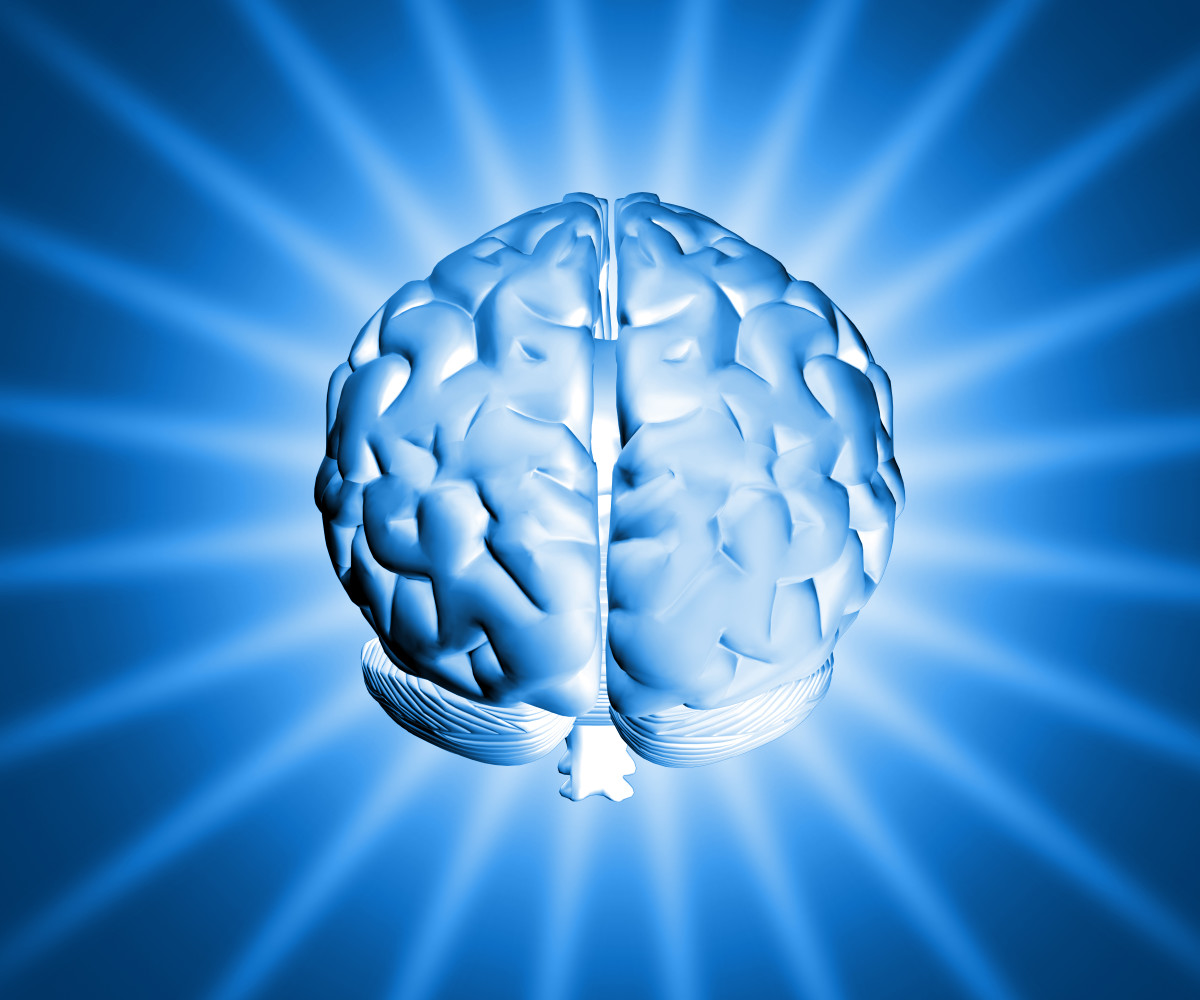Women and Depression Through the Ages: Medical Model and Feminist Theory, Part Three

Medical Model of Depression
In Britain, more women than men will be diagnosed with depression and prescribed drug treatment. To understand why statistics show more women than men suffer from depression we need to look at women throughout the ages. In the 1700s, those with mental health problems were thought to have lost their minds and reason and had been reduced to the condition of a brute and should be in an asylum. Of those confined to the madhouse, most were women, and unfortunately, they were treated as being no better than animals.
The eighteenth century saw an expansion in psychiatry and a move towards change in the views of mental illness. During this time, mental illness was viewed and discussed in terms of illness and disease. This change of attitude came about following the Anatomy Act of 1832, which led to some knowledge and understanding of bodily functions and the workings of the brain. This knowledge held a mechanistic view of the body and normal bodily functions. The theoretical point of view of this medical model of mental illness is that somatic, or aberrant bodily processes are the true cause of mental disorders. It was thought that mental illness was the result of something going wrong with the functioning of the brain or there was a malfunction of some part of the brain

Medical Model of Mental Illness.
The medical model, deterministic in its approach, looks for a physical cause of abnormal behaviour. Using physical illness as the basis for the study and management of mental illness, the medical model claims, a person displaying depressive symptoms could be experiencing a mental or psychological disorder with its root in a physical cause. Physical causes included an imbalance of the chemicals of the brain, disease or injury of the brain, or, as a result of inheriting defective genes.
The development of psychotropic drugs in the 1950s was thought to be a way of fixing the problems of the mind. This was because the new drugs could control the symptoms of abnormal or anti-social behaviour, without the need for segregation.
Many would agree that the new drugs could prove beneficial to some sufferers and initially, they did help to alleviate many symptoms and lessen the suffering. The newly developed drugs provided quick and successful means of treating many forms of mental illness. Another bonus of the drugs was that they enabled those incarcerated in institutions to live a relatively normal life within the community. This helped to ease the pressure on the health budget as psychiatric hospital care was expensive and at the time, took up a large proportion of health budgets.
Others would benefit from the development of these drugs, including the psychiatrist. Now Psychiatry would be able to carry out other work, as they would be less burdened with trying to understand the complexities of life and the millions of different ways that people could be affected by life situations. Also, the development of pharmacological treatments meant that health administrators would be able to focus on research.
From a positive point of view, the medical model can take some credit for the identification and, in some cases, successful treatment of mental illness. Evidence does support the idea that biochemical abnormalities play a role in the development of psychotic illnesses such as schizophrenia. However, there is still no appropriate biological explanation for depression.
While psychotropic drugs did alleviate some of the symptoms of mental illness, the approach has been criticized by many. Feminist writers Showalter (1985) and Ussher (1991) argued that the physical therapies of the medical model, or biological directives, have been used as a form of social control. They view treatments prescribed by the medical model as a chemical straight jacket, prisons that control behaviours without the need for physical walls of confinement.
Others argue that the medical model does not recognise how social situations could contribute to depression in women. Also, what needs to be understood is that psychotropic drugs are not a cure, and they can have limitations of being addictive or having side effects.
Feminist Theory of Depression
The medical model views depression as an illness or disease in need of treatment, and as statistics show that more women than men are depressed, it stands to reason that more women than men will need treatment.
The early medical psychiatric idea claimed women were biologically more susceptible to mental illness, and the feminist theorists, whose aim is to protect and expand the rights of women as equal human beings to men, argue that it is women's position in society that drives them mad.
The feminist writers argue it's the patriarchal capitalistic society's approach to women as second-rate citizens, that drives women to despair. Women are not ill, according to feminists, they are oppressed and unhappy they are disadvantaged as a result of unequal opportunities in contemporary society.
The societal rules that women are prescribed, expect them to always defer to others. From birth, a woman is socialised or trained to anticipate the needs of others and care for them before she cares for herself. As a consequence of this conditioning, women are supposed to ignore their own needs for mental well-being and put the needs of others first.
Others argue that women feel oppressed as a result of their role as the unpaid labour of society. Women's unpaid labour includes housework, and caring for children, the sick, the disabled, and the elderly.
Within the capitalistic society, a woman has no option but to conform to her designated role, as her refusal could run the risk, as historical evidence has shown, the label of mental illness. Conversely, studies have shown that conforming to such a restrictive servitude role could lead to unhappiness, which in the eyes of society is depression, a mental illness. Women have no choice but to conform as they feel unable to complain, show displeasure or criticise those in power who make the rules.
According to the feminists, madness or depression in women is, in reality, the cry of the powerless, and the aim of psychiatry is and has been, to silence that cry and keep social order.
Accepting socialised gender roles can be just as difficult and oppressive for males. Men are expected to conform to socially defined norms of gender traits which not all males find comfortable or acceptable. Ussher (1991) claims, "Whilst women are likely to be deemed in need of psychological or psychiatric help if they commit a deviant act, men will be deemed in need of legal incarceration or punishment."
- Women and Depression Through the Ages. Part One.
Depression can be described as being unhappy with life or a situation. More women then men are diagnosed with depression and to understand why more women are depressed, we look at the history of roles of women in society. - Women and Depression Through the Ages. Part Two. Confinement.
Sufferers of mental illness in 1744 were regarded as being nothing more than brutes and were treated no better than animals. - Betrayed by a Friend? How to Deal With Betrayal.
This is how I dealt with the pain and distress of being betrayed. Betrayal can leave us feeling confused and distressed. - Rectal Cancer Or Piles? My Experience
My experience of stage 3 rectal cancer. Diagnosis of rectal cancer taught me the importance of genuine self love. - Alcoholism and Boundaries: My Experience
This is my personal experience of loving my alcoholic daughter and the reason I found boundaries as being the only hope for us as a family.








